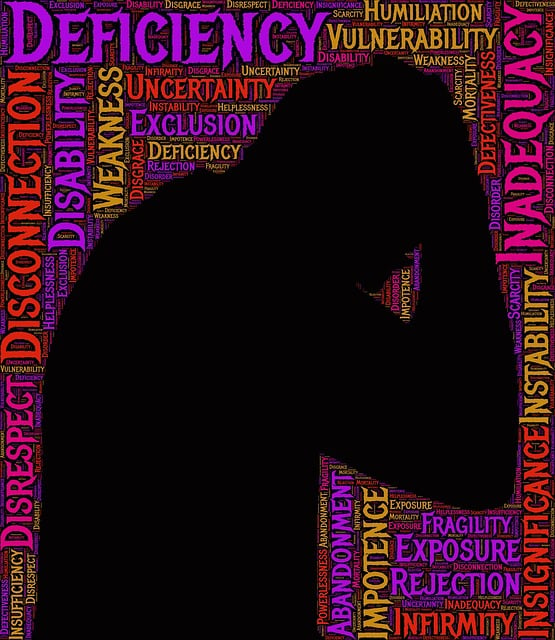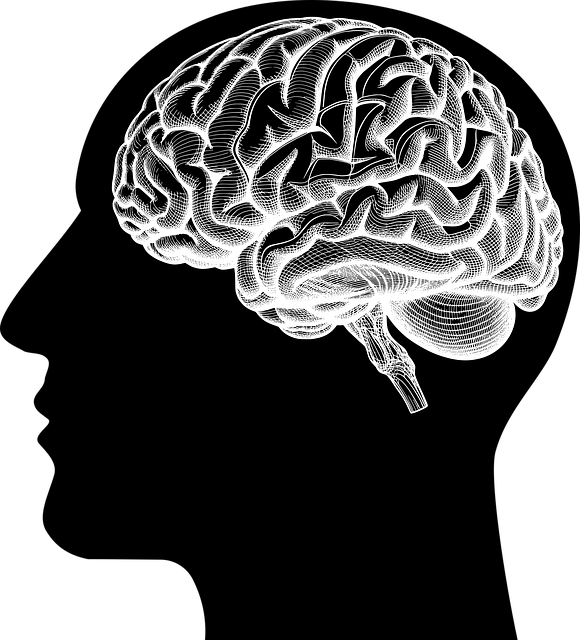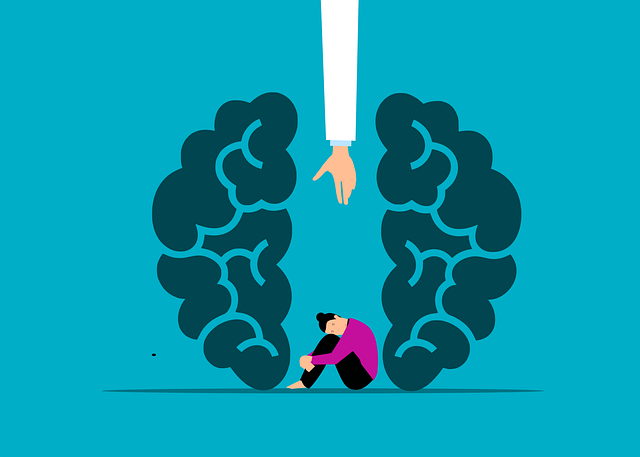Superior First Responders Therapy (SFRT) is a culturally sensitive mental health approach that tailors care to diverse clients by recognizing and respecting varied beliefs, values, and practices. By integrating cultural competence, therapists adapt communication and therapeutic methods to create safe environments, improving patient outcomes and fostering positive thinking and resilience. This inclusive model addresses unique cultural challenges, overcomes language barriers, biases, and stigma, and empowers individuals from all backgrounds to seek mental health support, leading to successful outcomes in diverse communities.
In today’s diverse society, cultural sensitivity in mental healthcare is paramount. Understanding cultural diversity and its impact on patient well-being is crucial for optimal outcomes. This article explores these key areas, focusing on strategies for culturally competent practice, including a deep dive into the successful implementation of Superior First Responders Therapy (SFRT). By examining real-world case studies, we uncover effective approaches to navigate challenges faced by mental health professionals in diverse settings.
- Understanding Cultural Diversity in Mental Health Care
- The Impact of Cultural Sensitivity on Patient Outcomes
- Challenges Facing Mental Health Professionals in Diverse Settings
- Strategies for Culturally Competent Practice: A Comprehensive Approach
- Case Studies: Successful Implementation of Superior First Responders Therapy
Understanding Cultural Diversity in Mental Health Care

Understanding Cultural Diversity in Mental Health Care is a cornerstone of providing effective and compassionate care to all individuals. In today’s diverse society, mental healthcare practitioners must be equipped to navigate the intricate tapestry of cultural differences that shape people’s experiences and perspectives on well-being. This includes recognizing and respecting varied beliefs, values, and practices related to health, illness, and healing. By embracing cultural sensitivity, Superior First Responders Therapy ensures that every client receives care tailored to their unique needs and backgrounds.
Integrating cultural competence involves more than just awareness; it requires practitioners to adapt therapeutic approaches, communication styles, and intervention strategies to foster a safe and supportive environment. This may involve learning about specific cultural practices, such as incorporating traditional healing methods or addressing intergenerational trauma, to enhance coping skills development and mood management. By doing so, mental healthcare providers not only improve patient outcomes but also cultivate positive thinking and resilience among those seeking support.
The Impact of Cultural Sensitivity on Patient Outcomes

Cultural sensitivity in mental healthcare is a vital aspect that significantly impacts patient outcomes, especially for communities often overlooked or marginalized. When therapists and healthcare providers are attuned to cultural nuances and diversity, they create an environment where patients feel understood and respected. This, in turn, fosters trust and encourages open communication, which are essential for effective therapy.
In the realm of Superior First Responders Therapy, cultural sensitivity plays a pivotal role in facilitating emotional healing processes. By incorporating burnout prevention strategies for healthcare providers and addressing depression prevention concerns, therapists can ensure they are equipped to serve diverse populations effectively. This approach not only enhances patient satisfaction but also contributes to improved mental health outcomes, creating a more inclusive and supportive healthcare system.
Challenges Facing Mental Health Professionals in Diverse Settings

In diverse cultural settings, mental health professionals often face unique challenges that require a nuanced approach. Navigating these complex environments demands a deep understanding of various ethnic, social, and economic factors that can influence an individual’s experience of mental illness. For instance, what may be considered appropriate therapy in one culture could be seen as intrusive or offensive in another. This cultural dissonance poses significant hurdles for superior first responders in therapy, who must adapt their practices to respect and honour diverse beliefs and values while still providing effective care.
The journey towards culturally sensitive mental healthcare involves overcoming barriers such as language differences, unconscious biases, and the pervasive mental illness stigma. Effective strategies include employing emotional regulation techniques tailored to different cultural contexts and integrating emotional well-being promotion techniques that resonate with diverse populations. Through continuous education and training in cultural competency, mental health professionals can play a pivotal role in reducing stigma and fostering inclusive environments where individuals from all backgrounds feel supported and empowered to seek help for their mental health concerns.
Strategies for Culturally Competent Practice: A Comprehensive Approach

In the pursuit of providing superior first responders therapy, culturally competent practice is essential. This involves a comprehensive approach that integrates knowledge and understanding of diverse cultural backgrounds into mental healthcare services. It means recognizing and respecting the unique values, beliefs, and practices of individuals from various ethnic, racial, and socioeconomic groups. By adopting this mindset, therapists can create a safe and inclusive environment where clients feel understood and heard.
A strategic framework for culturally competent practice includes active listening, open-mindedness, and continuous learning. Therapists should engage in ongoing professional development to enhance their cultural awareness and sensitivity. This may involve participating in diversity training programs, engaging with the Mental Wellness Podcast Series Production to gain insights into different cultures, or even incorporating Confidence Boosting techniques tailored to diverse populations. Additionally, fostering strong communication skills allows therapists to adapt their approach, ensuring they effectively convey information and actively engage clients in Coping Skills Development relevant to their cultural contexts.
Case Studies: Successful Implementation of Superior First Responders Therapy

In recent years, there has been a growing recognition of the importance of cultural sensitivity in mental healthcare practices, leading to innovative approaches like Superior First Responders Therapy (SFRT). This therapeutic model prioritizes understanding and addressing cultural barriers to care, demonstrating its success through various case studies. For instance, a study focusing on an urban community highlighted the positive impact of SFRT in reducing the mental illness stigma among ethnic minorities. By incorporating culturally tailored interventions, such as resilience-building activities and self-care routine development, therapists facilitated a safer and more inclusive environment, encouraging open discussions about mental health challenges.
The implementation of SFRT has shown remarkable results, particularly in diverse populations. Through case studies, it is evident that this therapy goes beyond traditional practices by recognizing the intricate relationship between culture, trauma, and mental illness. By integrating cultural considerations into treatment plans, therapists can effectively help individuals navigate their unique experiences and build coping strategies. These efforts not only enhance access to quality mental healthcare but also foster a deeper sense of understanding and empowerment among those seeking support.
Mental healthcare professionals play a vital role in fostering positive patient outcomes, and cultural sensitivity is a crucial aspect of this. By understanding and navigating cultural diversity, as highlighted through case studies like the successful implementation of Superior First Responders Therapy, practitioners can significantly improve patient care. Overcoming challenges in diverse settings requires a comprehensive approach to culturally competent practice, ensuring that every individual receives respectful, effective treatment tailored to their unique background. This article has underscored the importance and benefits of cultural sensitivity in mental healthcare, offering valuable insights for professionals aiming to enhance their practices.














